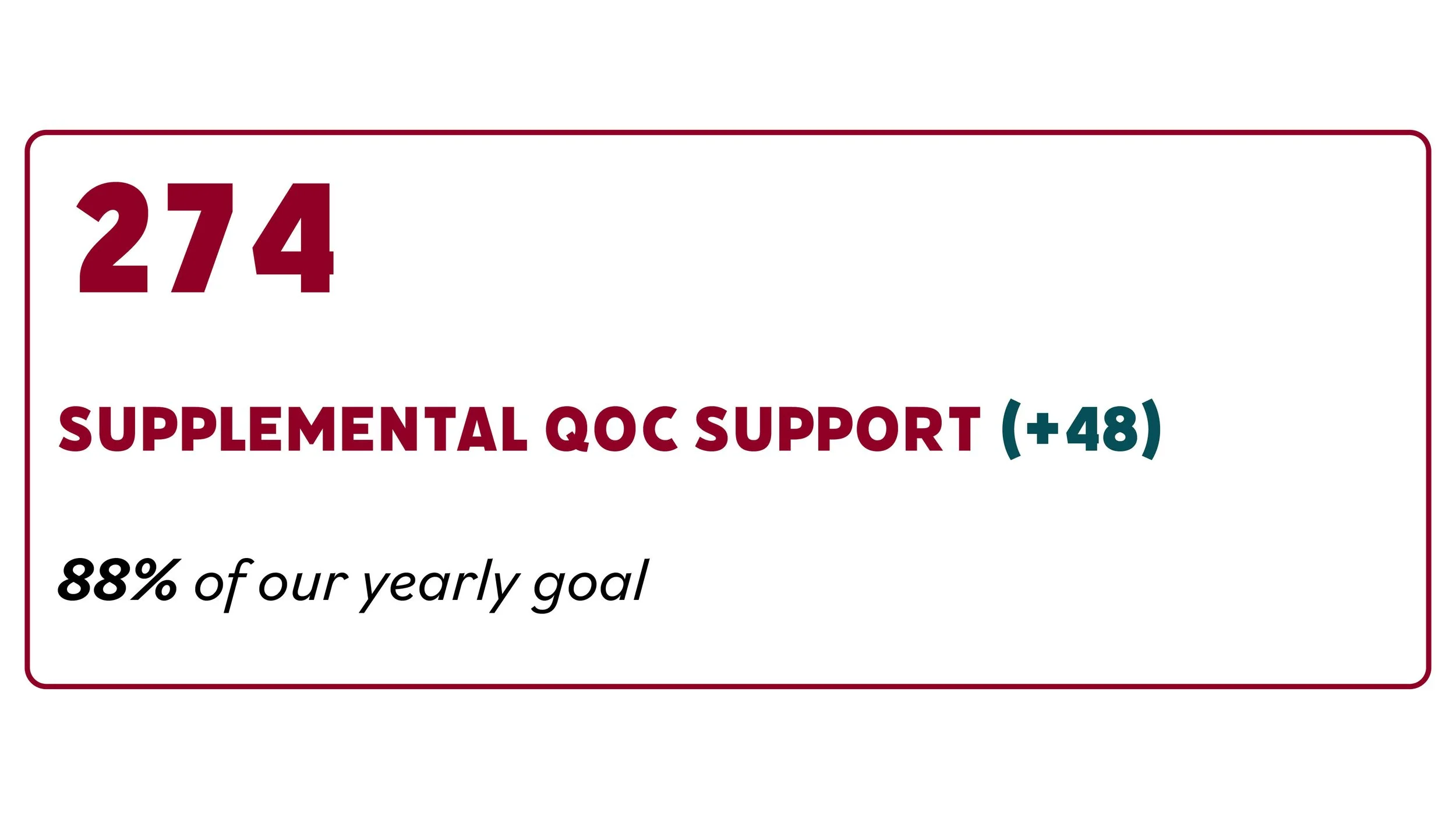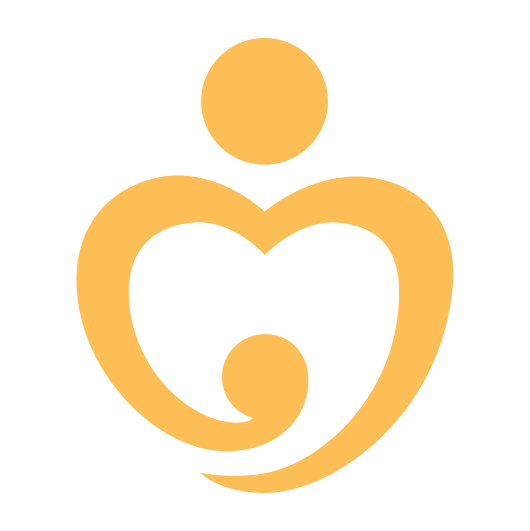
July - September
Quarterly report - q3 2023
Dear One Heart friends,
Though we would typically focus our letter on Q3 events, we felt it necessary to address the recent disaster in Nepal and provide an initial response regarding our efforts. Earlier this month, Nepal was struck by a devastating earthquake that caused significant damage and tremendous human loss. Over 150 people have been reported dead, with hundreds more injured and thousands displaced. We are extremely thankful to be able to report that all of our staff and local implementing partners are safe and sound.
One of our current program districts, Rukum West, was severely hit. Two of the health facilities we recently upgraded in Ghetma and Gotamekot have completely collapsed. In response, our team has set up temporary birthing centers with tents with essential medical equipment and supplies to allow service provision to pregnant mothers and newborn infants to be maintained despite the damage.
The earthquake epicenter was located in Jajarkot, a district that we are planning to onboard in our program next year. Needless to say, we fully expect that the destruction resulting from the earthquake will impact our program planning as the earthquake severely affected the local healthcare system. Our team is coordinating with local government authorities in both districts to ensure appropriate support to the local healthcare system so that pregnant women and newborn infants have access to the care they need to survive and thrive.
If you would like to support our relief efforts, please visit our donation page by clicking here. Every contribution, no matter how small, will make a significant difference in the lives of those affected by this disaster. As we continue to gather more information, we will keep you updated on our relief efforts and the situation on the ground in Nepal.
Sincerely,
David Murphy
CEO

Program Highlights
-
We are piloting the use of a translated version of the Amako Maya App to reach and track every pregnant and recently delivered mother in two rural municipalities of Sarlahi district. Having previously completed training on the data reporting app with health workers, Q3 activities focused on training 105 female community health volunteers (FCHVs) to appropriately register, track and follow up with pregnant women and postnatal mothers in the App system, in order to (1) improve health literacy among the women as a result of app features such as informational videos; and (2) improve service utilization with a healthcare provider at the health facilities for prenatal, delivery and postnatal care.
-
OHW and Laerdal Global Health (LGH) have formalized a new partnership agreement, creating exciting new opportunities to leverage the expertise of both organizations and explore new opportunities for improved maternal and newborn health in Nepal and beyond. LGH and OHW will be working closely to develop high-impact, affordable, and culturally adaptable MNH solutions and products aimed at saving lives among mothers and newborn infants. LGH’s expertise in developing simulation-based training initiatives is in direct alignment with our strategic goal for Nepal and will significantly contribute to the growth of our simulation-based training and mentorship program in Nepal, which has proven to be one of the most effective programs for enhancing MNH service quality in public health facilities.
-
We are providing technical and financial support to the Government of Nepal to incorporate our simulation-based training approach into the new national training curriculum for SBAs and SHPs. This past quarter, the OHW team helped finalize the content of the first 5 modules and made significant progress toward the structural design of the first 4 modules. Our goal is to align the content between modules and improve the practical application for trainees through the simulation-based education methodology.
-
We are pleased to announce that we have already achieved most of the goals previously outlined in our 2021-2024 Strategic Plan. As we shift our attention to the next phase of our organizational strategy for 2024-2027, we were honored to have been selected for the Vynamic Support Partnership Fall 2023 Cohort, through the Duke Innovations in Health Network. A team of consultants from Vynamic began engaging our senior management team in August and gathering data from our team and Advisory Board in Nepal, via surveys and in-depth interviews to identify the team’s perspectives on what programmatic, geographic, and technical priorities should be incorporated into this next phase of organizational growth. The Vynamic team is expecting to finalize their data-gathering process and report their results in Q4, which will be used to develop our new strategic plan in 2024.
-
Our team attended the International Maternal Newborn Health Conference hosted by AlignMNH in Cape Town, where we participated in two panels on Networks of Care for Maternal and Newborn Health. This allowed our work to be placed at the forefront of the global MNH arena and boosted our global visibility.
Our team also participated in a workshop on the Rural Obstetric Ultrasound (ROUSG) program in Rwanda, organized by the DAK Foundation, where we shared our experience scaling up the ROUSG program in Nepal. Additionally, we provided valuable policy, implementation, and technical insights to participants from five different organizations in Mali, Rwanda, Togo, Kenya, and Uganda. The DAK Foundation has requested One Heart Worldwide take on a mentorship role in expanding the ROUSG program in these five countries.
In August, OHW also hosted a webinar on the state of maternal and newborn health in Nepal. We were honored to host Ambassador Sridhar Khatri, Ambassador of Nepal to the United States, as a guest speaker. A number of distinguished speakers were included, including Dr. Kirsten Meisinger, Director of Leadership and System Transformation at the Harvard Medical School and current OHW Board Chair, and Dr. Swaraj Rajbhandari, a leading OB/GYN in Nepal and member of OHW’s Nepal Advisory Board. Among the webinar audience were members of UN agencies working in Nepal and a total of 132 people from 18 countries.

Program Delivery
(January - June 2023)












Current Challenges
Working with Partner NGOs as implementation partners:
Since 2022, OHW has signed partnership agreements with 17 local NGOs in 16 of our active program districts to implement all community-based activities. While their strong presence at the community level enables effective outreach and engagement and is credited with our expansion into these communities, our team has had to navigate a significant learning curve as we manage these new relationships and invest in their institutional and technical capacity to effectively deliver the OHW program. For this reason, we regularly host partnership meetings where we can discuss solutions for identified challenges our partners are facing. Over the last several meetings, we have become increasingly aware of the need to increase staffing support among partners to improve staff retention and operational confidence. As such, we will be exploring additional technical support during onboarding of new partners and increased planning and staff training exercises with existing partners.
Research & Development
-
We published a peer-reviewed article sharing the results of our qualitative study conducted across 15 primary care facilities in Bhojpur and Dhading districts. In-depth interviews and focus group discussions were held with SBAs, FCHVs, and pregnant or recently delivered women to gain insights into the perceived benefits and limitations of the Rural Ultrasound Program’s training and implementation. The ROUSG program was overall well received among participants, and our findings highlighted opportunities to improve training effectiveness and the potential for the program to fill crucial gaps in MNH care in rural Nepal by expanding access not only to ROUSG services but also to other MNH services such as ANC and institutional deliveries. Our results support further research into the role ROUSG can play in expanding critical MNH services in underserved areas and improving broader health outcomes through earlier identification of potential obstetric complications.
-
In collaboration with the Family Welfare Division (FWD) of the Government of Nepal, OHW designed a Simulation-Based Mentorship Program (SBMP) for rural healthcare providers working in birthing centers. The SBMP is a hands-on, workstation-based, simulation-based training and mentoring program that also serves as an implementation research program. The program was initiated in Udayapur and Dolakha in 2021 and expanded to Sarlahi and Myagdi in 2022. In Q3, the midline data analysis for this project was completed for all four districts (Udayapur, Dolakha, Sarlahi, and Myagdi), revealing a statistically significant increase in knowledge, confidence, and skills scores among the intervention group participants following the SBMP intervention. In the intervention group, overall knowledge scores increased from 69% to 89%, while overall skills scores increased from 43% to 91%, and the overall confidence score increased from 69% to 79%. The overall mean knowledge score increased by 22% in the intervention group, compared to only 5% in the control group (p<0.01). We have also completed endline data collection for two districts, Udayapur and Dolakha. Data collection for the remaining two districts will be completed by Q4 2023.
-
OHW implemented the Network of Safety model in Bhojpur district between 2016 to 2021. To assess the sustainability and impact of OHW’s interventions in the district following program completion, OHW conducted an integrated monitoring visit which found sustained buy-in from local government with strong budget allocation for maternal and newborn health. Additionally, the MNH infrastructure had been well-maintained, with positive service readiness of birthing centers, including available equipment and emergency drugs.

What we’re reading/listening to This quarter:
Research and Evidence for Nepal’s Transition - Yale Economic Growth Center
Aid, Evolved Podcast - A Podcast About Innovation and Impact in Africa
Walking Out of Morocco’s Rubble, Pregnant, Scared and Homeless - New York Times Article
Sarlahi: A story of hope & change
In 2021, OHW initiated our transformative maternal and neonatal health program in Nepal's Sarlahi District, addressing a shortage of skilled healthcare professionals. Through strategic partnerships, OHW revamped infrastructure, enhanced community awareness, and transformed chaotic birthing centers into safe, well-managed facilities, earning appreciation from local governments. The tangible transformations vividly showcase OHW's success in improving maternal and neonatal healthcare in Sarlahi, highlighting the significant impact of their initiatives.







